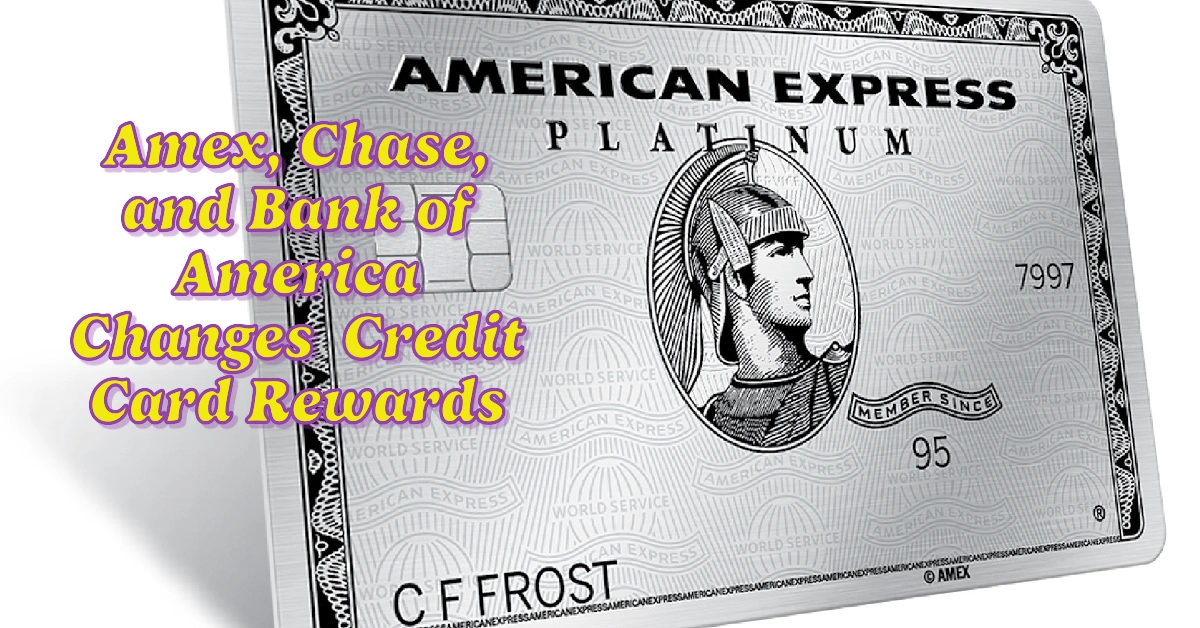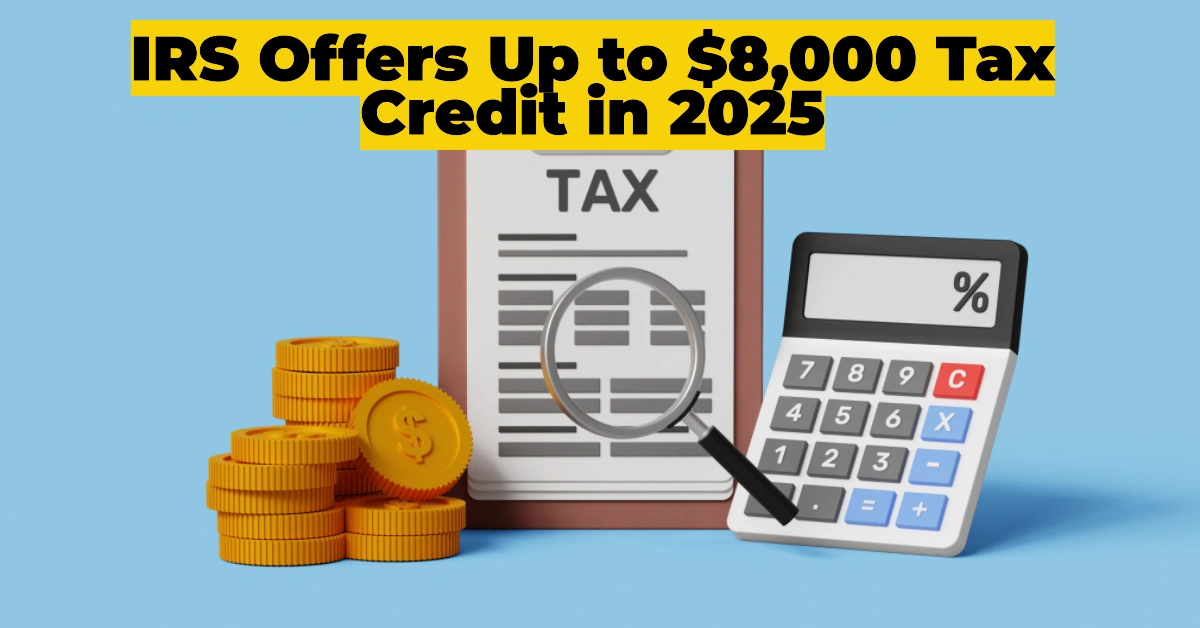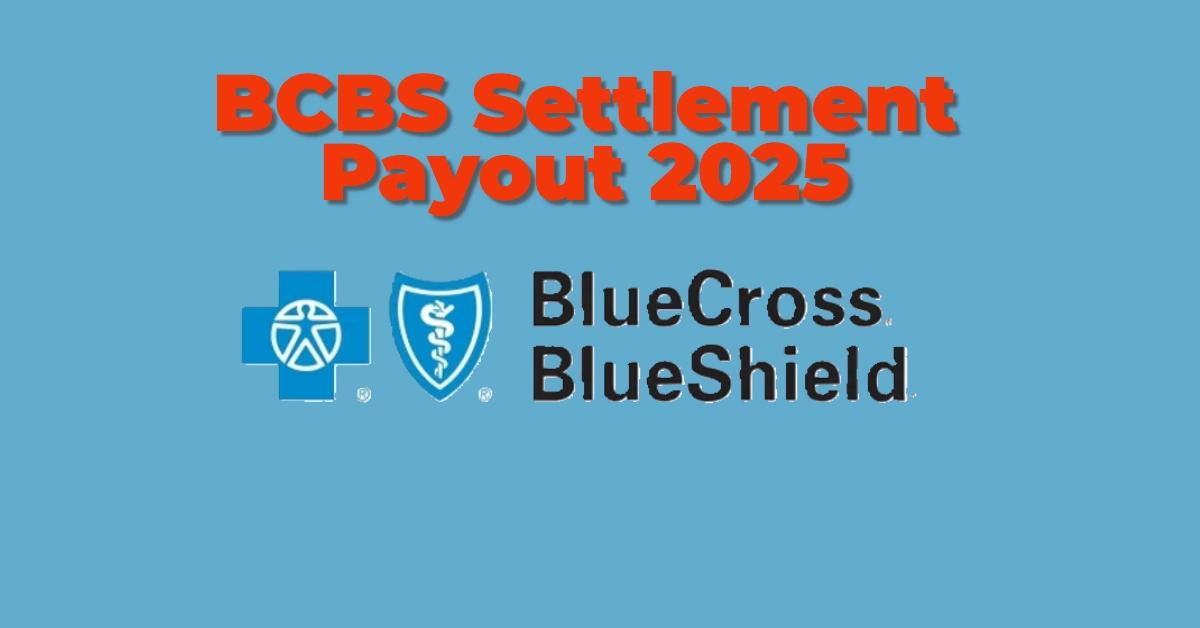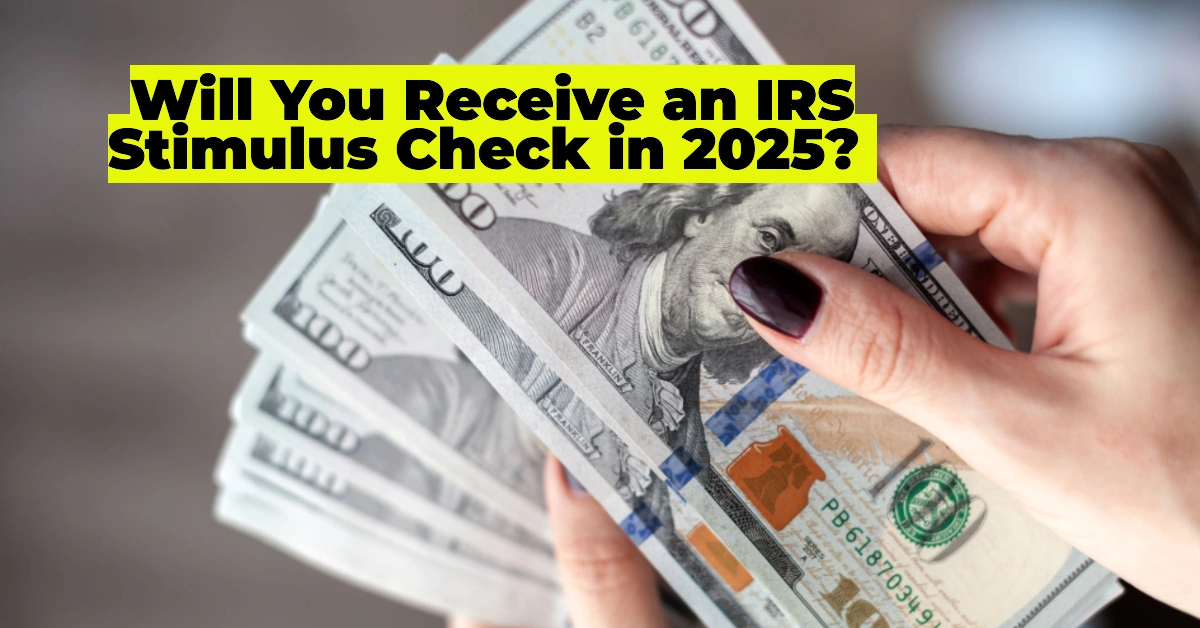Major credit card companies like American Express, Chase, and Bank of America are under fire for quietly devaluing reward points and airline miles, a move that is angering millions of American consumers. As inflation continues to rise, cardholders are finding that their hard-earned rewards are no longer as valuable as they once were.
Table of Contents
The Devaluation Crisis
Consumers have long been attracted to credit cards offering points, miles, or cashback rewards for their spending. These perks are often marketed as a major selling point for consumers looking to earn rewards for travel, shopping, and other expenses. However, recent changes made by top companies like American Express, Chase, and Bank of America have left many feeling betrayed.
Over the last few years, particularly since the COVID-19 pandemic, these credit card giants have been steadily devaluing the rewards systems—lowering the purchasing power of points and miles that customers have accumulated. This means that what was once a valuable benefit for cardholders is now worth significantly less, especially in the face of rising inflation.
2025 Financial Forecast: Key Trends in Mortgages, Investing, Banking, and Credit Cards
The Role of the Consumer Financial Protection Bureau (CFPB)
The Consumer Financial Protection Bureau (CFPB) has raised concerns about these changes, arguing that credit card companies may be violating laws by obscuring terms and conditions related to how rewards can be earned and retained. According to the CFPB, many companies use fine print and vague disclaimers in contracts, making it difficult for consumers to fully understand the rules behind earning and redeeming rewards.
“Fine print disclaimers or vague terms buried in a contract may unlawfully conflict with prominent promotional language advertising the rewards consumers can earn,” the CFPB explained. This has led to accusations that companies are using deceptive tactics to encourage consumers to spend while failing to deliver on the promised rewards.
5 Million Americans Hit by Massive Credit Card Data Leak: Here’s How to Protect Yourself
How the Devaluation Affects Consumers
Before the pandemic, reward points typically held a value of about one cent per point. However, according to the Bureau of Labor Statistics, inflation since 2018 has eroded purchasing power, meaning that the value of these points has dropped by around 20%.
For example, 50,000 points earned in 2020, which would have previously been worth $500, is now only worth $413. This is a significant loss for those who spent years earning points to redeem for travel, flights, or cashback.
Additionally, many major airlines, including Delta, United, and American Airlines, now use dynamic pricing for redeeming frequent flyer miles. This means that the value of miles can fluctuate based on demand, further diminishing the benefits for travelers looking to redeem points for flights.
3 Effective Ways to Achieve Credit Card Debt Forgiveness Before 2025
The Backlash and Legal Action
This change in reward point value has not gone unnoticed. Many consumers, who had relied on these rewards to offset costs, are frustrated with the shift. The CFPB has taken action, issuing warnings to companies like American Express and Bank of America for potentially illegal practices related to the rewards system.
In response, the American Bankers Association has criticized the CFPB’s actions, arguing that complaints about reward point devaluation are rare and that the agency is overstating the issue. However, industry groups are being met with strong opposition from consumer advocates who believe that the companies have been misleading their customers.
Historical Context
This is not the first time these companies have faced legal action over their reward practices. In 2012, Bank of America was forced to pay $85 million to around 250,000 customers for similar “illegal card practices.” Last year, the company paid over $100 million to settle claims related to its rewards system.
Despite the ongoing backlash, the credit card industry has continued to defend its practices.
As the battle over credit card rewards intensifies, consumers are urged to stay vigilant about the changing terms of their credit cards. With inflation eroding the value of rewards points and hidden conditions making it harder to earn and redeem rewards, it’s essential for cardholders to understand how their benefits are being impacted.
The growing frustration with these companies could lead to more scrutiny from regulators, but for now, it’s up to consumers to be aware of the changes and take action if necessary. If you’ve been affected by these changes, consider reviewing the terms of your rewards program and keeping an eye on any potential class-action lawsuits or legal action that may arise from these deceptive practices.











3 thoughts on “Amex, Chase, and Bank of America Face Outrage Over Secret Changes to Credit Card Rewards”